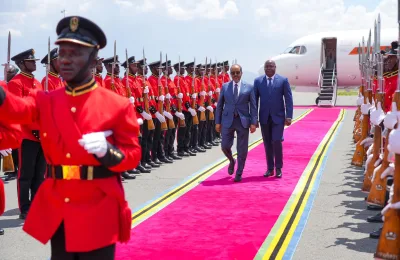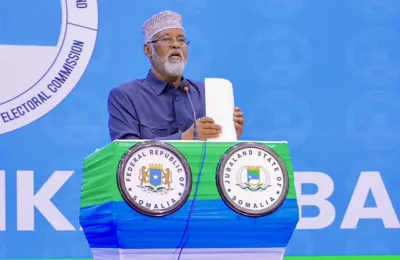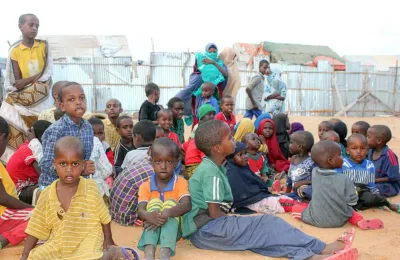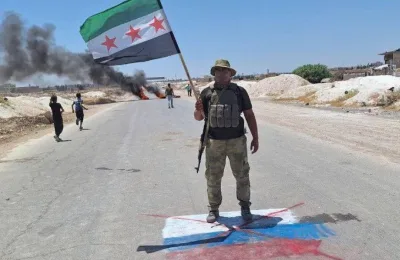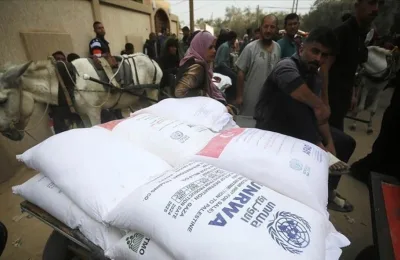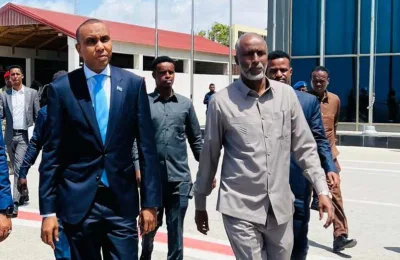The United Nations today announced the allocation of $1.4 million from an emergency account to vaccinate…

The United Nations today announced the allocation of $1.4 million from an emergency account to vaccinate more than half a million children in danger of contracting measles in Somalia.
According to the UN Office for the Coordination of Humanitarian Affairs (OCHA), the funding will be used to inoculate 520,000 children under five years of age in Banadir, in the south-east, Lower Juba, in the south, and Puntland, the north-eastern semi-autonomous region of the country.
“The vaccination drive will help prevent the spread of the disease to other locations, particularly those inaccessible to vaccination teams,” said the UN Humanitarian Coordinator for Somalia, Philippe Lazzarini.
A nationwide catch-up campaign will be conducted in the next six months as part of the overall measles control strategy. The disease is one of the leading killers of young children in the country, where one in five die before their fifth birthday.
There were over 1,350 suspected cases of measles in March and April 2014 – four times more than the number during the same period last year, and nearly 1,000 cases were reported in May alone, according to the UN Children’s Fund (UNICEF).
“This is extremely alarming,” said Dr. Ghulam Popal, UN World Health Organization (WHO) Somalia Representative. “We know there has been extremely low immunization coverage among Somali children and we need to urgently ensure as many as possible are immunized.”
The measles outbreak is particularly worrisome given the lack of access to health services in the country. Somalia faces some of the worst health indicators in the world, with only 30 per cent of people having access to a nurse or doctor.
“A high number of Somali children are malnourished and therefore far more susceptible to illness such as measles – which kills many children under five or leaves them blind, deaf or with brain damage,” said Sikander Khan, the UNICEF Representative for Somalia.
The emergency aid comes from the OCHA-managed UN Central Emergency Response Fund (CERF), which is one of the world’s largest sources of humanitarian funding. It will be complemented by $300,000 from the Somalia Common Humanitarian Fund.


